Economic war between the USA and China definitely affects Uzbekistan too - Jeffrey David Sachs
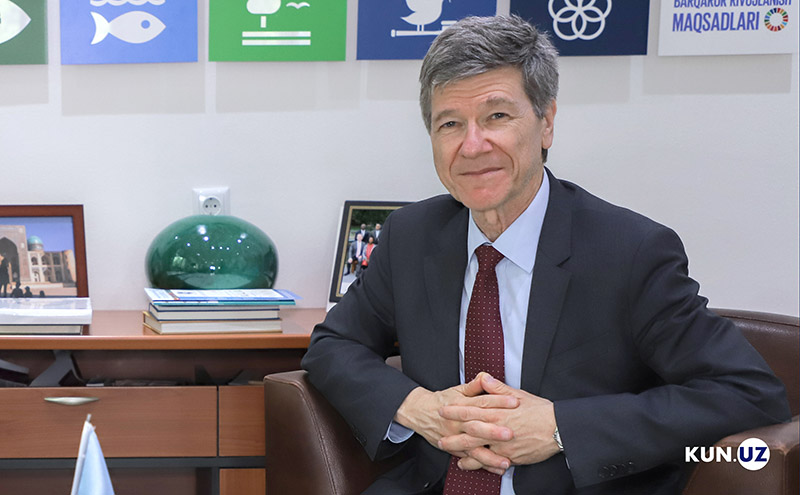
Jeffrey David Sachs, Director of the Center for Sustainable Development at Columbia University, SDG Advocate for UN Secretary General Antonio Guterres, within the framework of his visit to Uzbekistan met with the Deputy Prime Minister of the country Aziz Abdukhakimov and delivered a lecture at Westminster International University in Tashkent.
Following the meeting and his lecture, at an interview with Kun.uz correspondent, Professor Jeffrey Sachs spoke about the economic challenges Uzbekistan is facing, effects of the trade war between the USA and China to Uzbekistan, opening up of the country to the world and many other more.
Watch on "Youtube"
I have heard that you have visited the Westminster International University and held talks with some government officials at relevant ministries. If it is not a secret, could you please share the main content of your talks held with officials and your lecture at the Westminster University?
- Sure, the big question for everybody is how to achieve successful sustainable development, and that means economic development that is also socially inclusive and environmentally sustainable. So I have been having discussions with the UN country team, with the faculty and students at the Westminster International University, and with several senior government officials. I’m very optimistic about Uzbekistan’s great potential. Because now there is a lot of interest in the connectivity throughout Eurasia and Uzbekistan is natural connection – East-West, North-South, being in the center of Eurasia. In the XXI century, Uzbekistan is well-connected with the Middle East, China, Russia and the South Asia. So this is a very exciting time. If this region stays in peace, and if it does a good job of focusing on the real needs of the populations, there is a great potential.
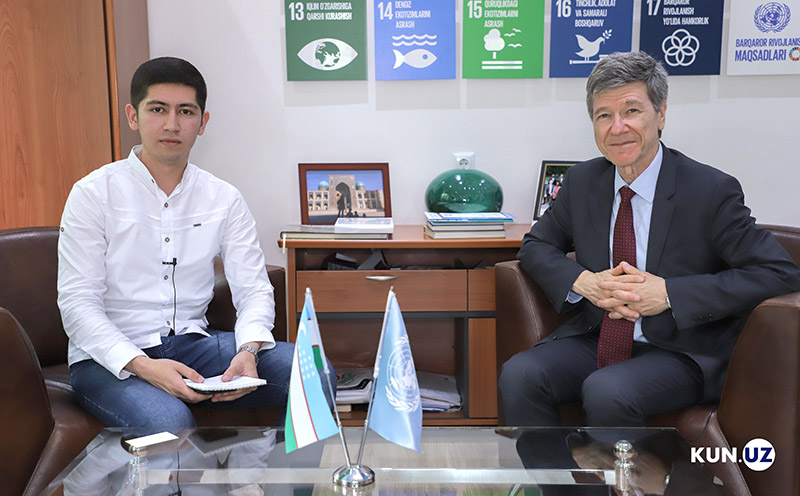
Speaking about the conflict between the USA and China, do you really think that economic war between these two powerful countries affect other nations, including Uzbekistan?
- If there is a full-fledged economic war, it would be terrible for everybody starting with the US and China. But it would definitely affect Uzbekistan, I’m sorry to say. Because these are the two largest economies in the world. If they cooperate then the world economy will grow, and there will be new innovations and positive developments. But if they fall into conflict with each other, every other country has to choose sides or try to prevent the roof falling down. This would be very dangerous. I’m worried this is a conflict started by the United States. It is very unwise, it is very dangerous and provocative. Because I think many American leaders are jealous of China. China has become so powerful that it doesn’t have to listen to the United States and these US politicians are pretty arrogant, they don’t want any competitors. So they are trying to stop China’s development. I don’t think it will work. The cost of this act would be quite high, but I hope that the both sides will reach an agreement. I hope that the US attitude of putting on these tariffs and creating these troubles stops. Because it is quite dangerous.
As an economist what can you say about the current pace of Uzbekistan economic development?
- I think that right now Uzbekistan is in an acceleration period of faster development. Because now, especially as the government is making reforms and opening the economy, and the president is visiting the neighbors and establishing or reestablishing good relations, and as China is creating its “Belt and Road” initiative, this is a good time for Uzbekistan to make new businesses, new connections and to benefit from being a hub within this bigger region. So I think that what we are seeing right now is acceleration of both these structural reforms and of the opportunities for development.
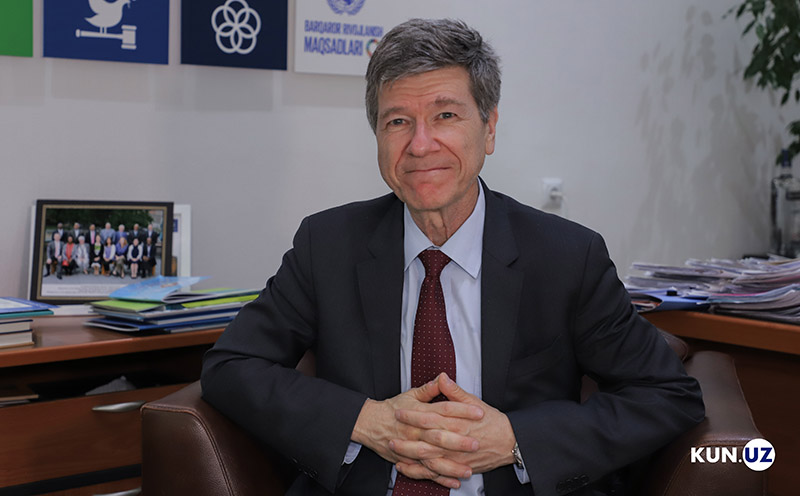
Taking into consideration the geographical location of Uzbekistan and its political system what recommendations can you give to the country to develop its economy and the well-being of the people?
- I would say 20 years ago I would have been a little more pessimistic. Because it is a double land-locked country.
One of the two double land-locked countries in the world.
- You are only two and Lichtenstein is the other one. Lichtenstein is a tiny little country with a few hundred thousand people in the middle of prosperous Europe. So Uzbekistan is in a unique position, really. And it is a big challenge, I always thought, but now in the age of connectivity and China being a successful economy, with India achieving growth and the Europe being a big market, this is a real opportunity for Uzbekistan. I’m quite optimistic that Uzbekistan can become a hub of Central Asia that connects countries, that brings a lot of tourism, that brings lots of students to study here and that becomes really skillful at helping to make bridges across the region. I certainly would like to do anything I can to help Uzbekistan to achieve that potential.
Related News
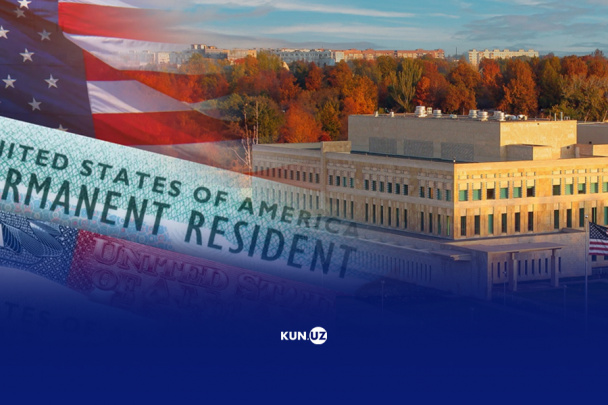
20:33 / 26.05.2025
“No talks on easing visa rules yet” – U.S. Embassy in Tashkent
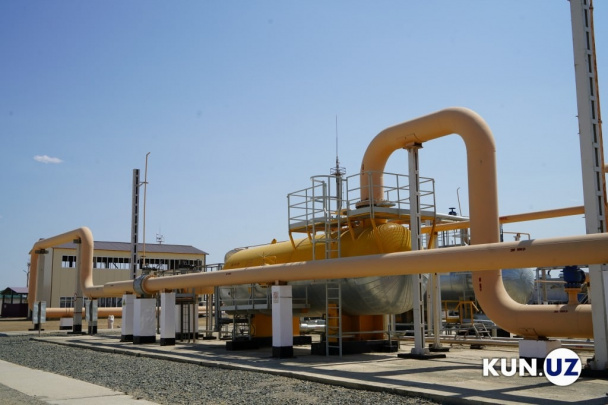
14:36 / 22.05.2025
Uzbekistan doubles gas exports to China in April
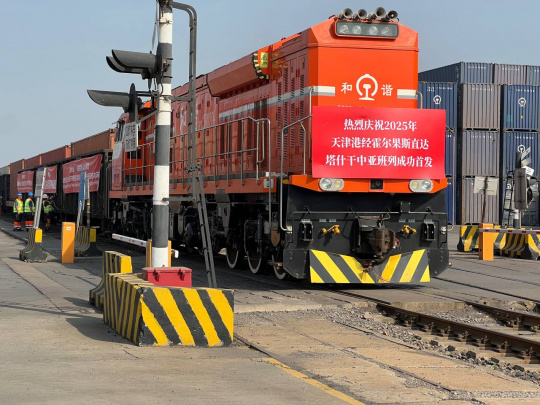
12:09 / 22.05.2025
Faster, cheaper, closer: Tianjin–Tashkent railway route begins operations
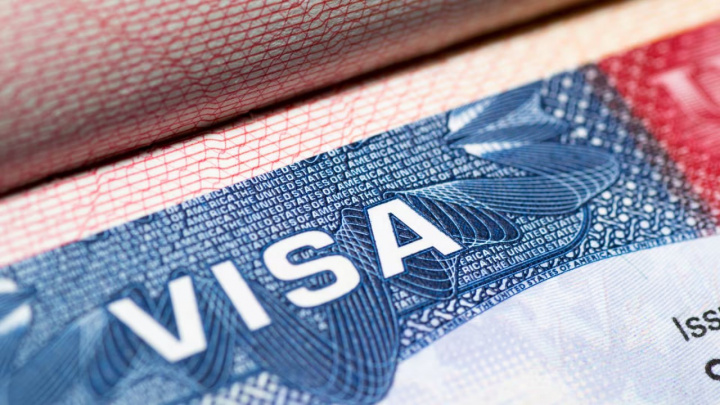
10:36 / 21.05.2025




